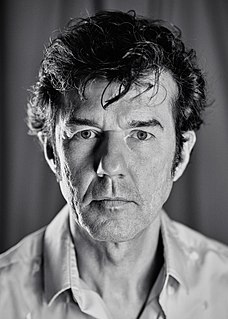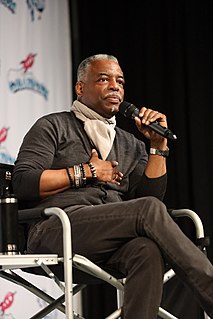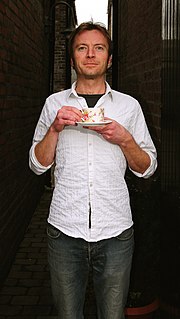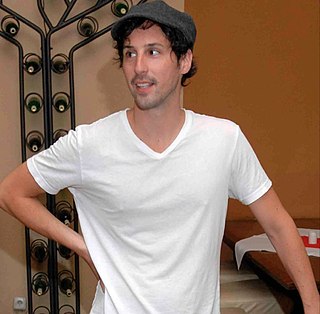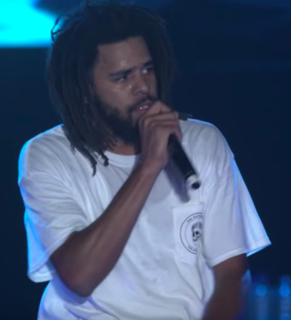A Quote by Stefan Sagmeister
I'm actually quite critical of the storytelling theme. I think all the storytellers are not storytellers.
Quote Topics
Related Quotes
First, the skill of storytelling helps to galvanize your team. Second, the discipline of storytelling requires leaders to be clear about their intentions and to prioritize what fits into the story versus secondary goals and issues. Third, there is possibly an artifact here - great storytellers can make their exploits and achievements sound very exciting and memorable. Successful leaders who are not good storytellers won't get the acknowledgement and appreciation they deserve.
Story is morally neutral. It can express profound truth or propaganda. The two greatest political storytellers of the 20th Century were Winston Churchill and Adolph Hitler. Because storytelling is a form of persuasive jujitsu, and because world is full of black belt storytellers, the corporate leader has to train both his offensive and defensive moves
Perhaps storytellers don't need to care as much about the future as executives and investors do. After all, isn't it possible that technology will enable storytellers to connect directly to their audience without the need for anyone to share the programming decisions or the profit in between? Don't bet on it.
